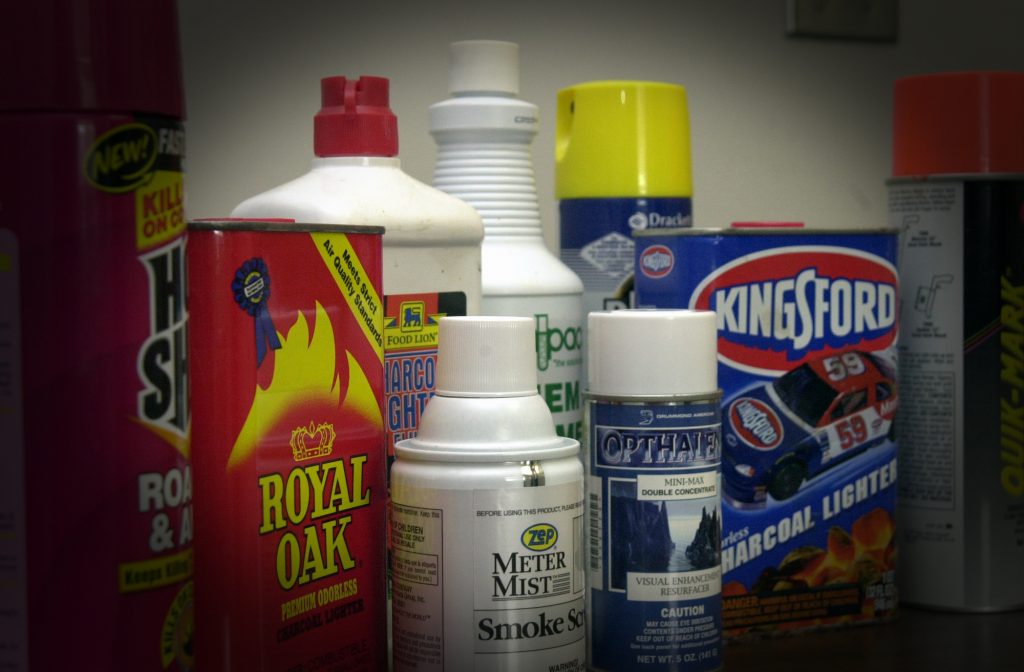Unveiling the Products of Chemical Reactions: A Deep Dive into the World of Chemistry

MARINE CORPS BASE CAMP LEJEUNE, N.C. Any of these products, combined with a rag and a few deep breaths from a good pair of lungs, have the potential to be deadly. Even a single session of abuse can disrupt heart rhythms and cause death from cardiac arrest or lower oxygen levels enough to cause suffocation, according to the National Institute on Drug Abuse. (Official Marine Corps photo by Lance Cpl. Matthew K. Hacker)
In the realm of chemistry, the term 'products' refers to the substances that are formed as a result of a chemical reaction. These reactions, which are the heart of chemistry, involve the transformation of one or more substances, known as reactants, into new substances, the products. This article aims to delve deeper into the concept of products in chemical reactions, their types, and their significance in various industries.
Chemical reactions are ubiquitous, occurring everywhere from laboratories to our bodies, and even in the farthest reaches of space. They are the driving force behind numerous natural phenomena and industrial processes. The products of these reactions are equally diverse, ranging from simple molecules like water and carbon dioxide to complex compounds used in pharmaceuticals and advanced materials.
The type of products formed in a chemical reaction depends on the nature of the reactants and the conditions under which the reaction occurs. For instance, the reaction between hydrogen and oxygen under the right conditions produces water, a vital product for life on Earth. On the other hand, the reaction between iron and oxygen results in rust, an undesirable product that leads to the degradation of iron objects.
In the industrial sector, the products of chemical reactions are of paramount importance. The petrochemical industry, for example, relies on a series of chemical reactions to convert crude oil and natural gas into a multitude of products, including fuels, plastics, and synthetic fibers. The pharmaceutical industry, on the other hand, employs complex chemical reactions to produce a wide array of drugs and medicines.
Moreover, the products of chemical reactions are not limited to tangible substances. Energy, in various forms, is often a product of chemical reactions. Combustion reactions, for instance, produce heat energy, while photosynthesis, a complex chemical reaction, produces chemical energy in the form of glucose.
Understanding the products of chemical reactions also has significant implications for environmental science. Many environmental issues, such as air pollution and climate change, are closely linked to the products of chemical reactions. For instance, the combustion of fossil fuels produces carbon dioxide, a greenhouse gas that contributes to global warming.
In conclusion, the products of chemical reactions are a vast and diverse group of substances that play a crucial role in various aspects of life and industry. Understanding these products and the reactions that produce them is not only fundamental to the study of chemistry but also essential for addressing many of the challenges facing our world today.
